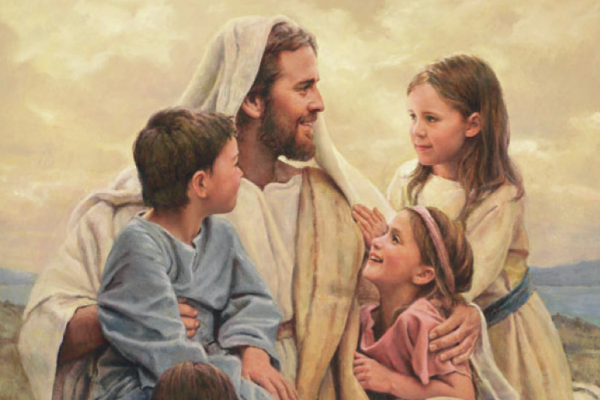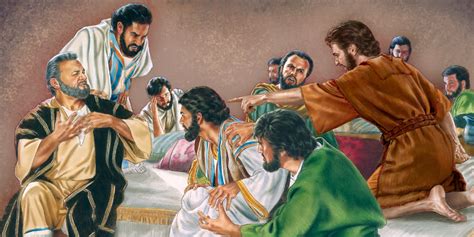
Greatness in Being Little
In today’s gospel, Jesus foretells his imminent suffering, death, and resurrection. Unfortunately, instead of reflecting on what Christ was saying, his disciples were busy quarrelling secretly over who was the greatest amongst them.
Of course, their argument was aimed at the earthly government they imagined that Christ had come to establish. They were in the midst of a fierce competition, instead of unity and cooperation.
This is what we often see in any society, church, family, and indeed anywhere that personal ambition is considered more important than anything else. There, we see in-fighting, gossips, indifference, aggression, threats to lives and properties, hatred, and all sorts of vices. All these, come at the expense of the common good and peaceful coexistence. Wherever these exist, there can be no progress, prosperity and peace. 
Therefore, by using a child as an example for us today, Jesus is simply teaching us that we have to become like children in order to be great. For Jesus, children are not only great blessings but are of supreme importance in the kingdom of God: “Let the children come to me; do not prevent them, for the kingdom of God belongs to such as these. Amen, I say to you, whoever does not accept the kingdom of God like a child will not enter it” (Mk 10:14-15).
So Jesus placed in front of his disciples a small child – somebody who is nobody in society – in order to bring home the point that greatness is not in being first, not in having more, and not in being important. In the example of a child, greatness is in humility, simplicity and total dependence on God. In other words, the child is the clear reflection of Jesus. He is like the little child in relation to his heavenly Father. That is why he said: “Whoever receives one such child as this in my name, receives me.”
In each one of us, there is the adult and the child part. The adult in us is more calculating and security-conscious, goal-oriented and success-driven, ambitious and proud.
But the child in us is carefree and daring, more concerned about celebration and cooperation, has less interest on ambition, power and success, and does not think of failure and death.
Receiving a child as Jesus teaches simply means to accept the child part of our personality. We do not discard the adult part, but we give chance to the child part to emerge, so that we will be less afraid, less ambitious, but more authentic in our feelings and expressions, and more willing to take the leap of faith to follow Jesus, as we love one another, more so the many needy children who need our love and care. With this kind of disposition, we learn to let go, and let God be in control!

